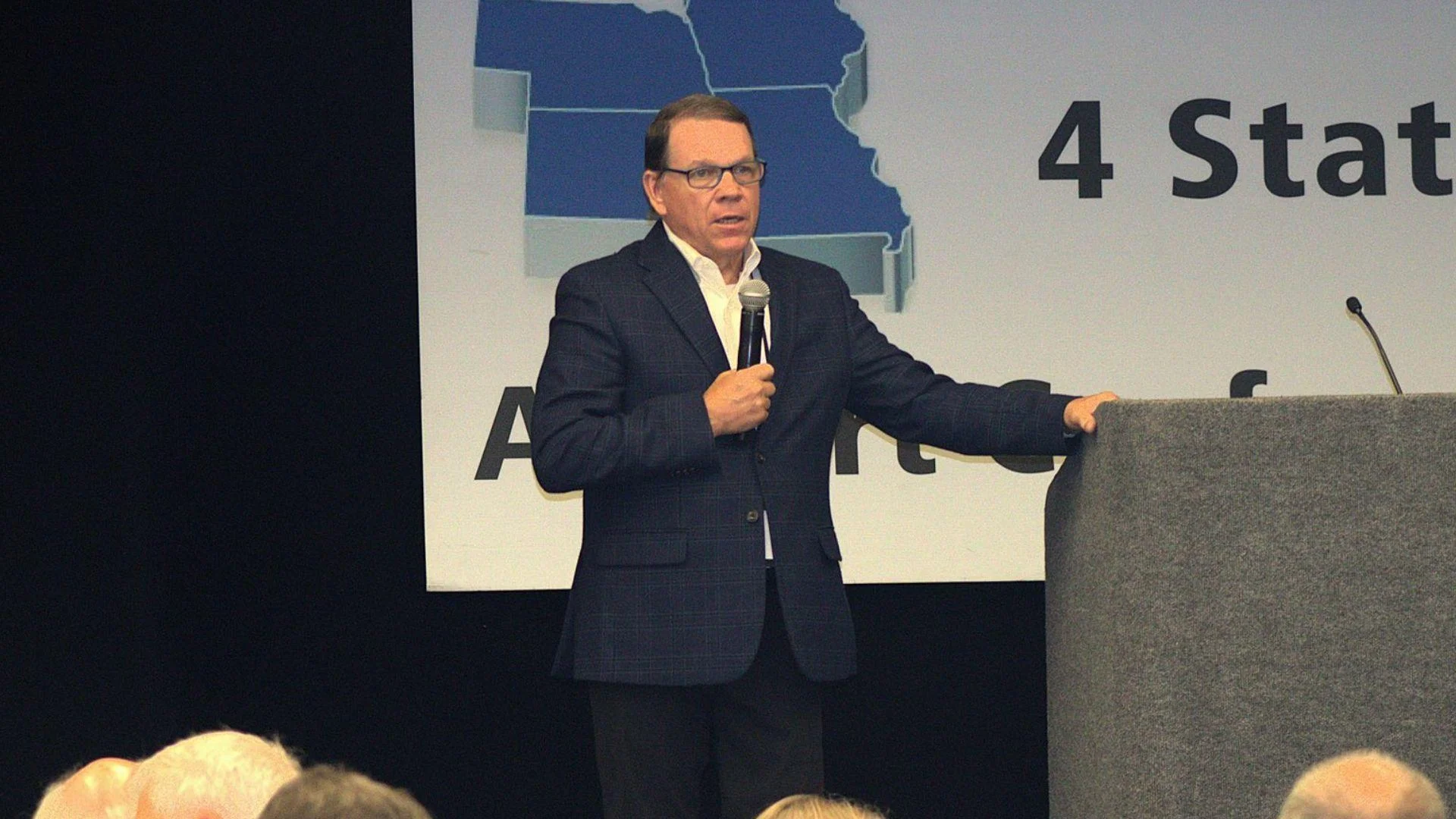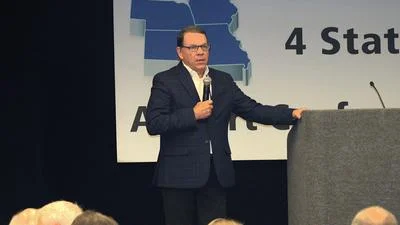The House Transportation and Infrastructure Committee has signaled it will advance the next multi-year surface transportation bill, aiming for bipartisan agreement ahead of the current law’s expiration and potentially taking up questions of vicarious liability reform for rideshare and carsharing.
According to the House Transportation & Infrastructure Committee, the existing surface transportation law was authorized under the Infrastructure Investments and Jobs Act (IIJA), which is set to expire on September 30, 2026. The Committee emphasized that multi-year reauthorizations are crucial for states to plan and execute long-term infrastructure projects. As part of the 119th Congress, passing this reauthorization is one of the Committee’s legislative priorities.
In January 2025, the Committee initiated a series of hearings to evaluate the performance and identify gaps within current surface transportation programs, including highway, transit, and rail. According to the American Association of State Highway and Transportation Officials (AASHTO), states depend on the predictability of reauthorization bills to commit to major capital investments. These hearings aim to gather legislative input and identify improvements in funding formulas, grant structures, regulatory streamlining, and project delivery.
The reauthorization debate also reopens questions of liability in the mobility marketplace. Congress last addressed the issue in 2005 with the Graves Amendment, shielding rental companies from state laws that imposed automatic owner liability. Advocates say it is time to extend similar protections to modern platforms like Uber, Lyft, and carsharing programs, following the lead of states such as Florida, Texas, and Illinois.
The Committee on Transportation and Infrastructure is a standing committee of the U.S. House of Representatives with legislative jurisdiction over all modes of transportation, including roads, public transit, rail, aviation, maritime, and associated infrastructure systems.





